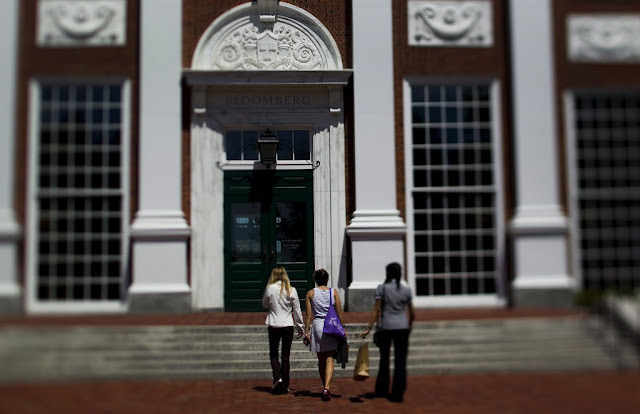Preparing for the apocalypse
When The Economist starts saying that debt levels are unsustainable and a market crash is imminent, one should take notice. This was a lesson I learnt in 2007, before many others woke up to it. If anything, this time it would be different. In my mind, 2008 was just the beginning of the breakdown. This time, we have multiple bubbles to burst: All those extra money from the bank bailouts, all those extra money from Covid, and all those valuation excesses from AI - the world economy is just several times bigger than what it should be. I am not a doom-monger, and right now, I am terribly unprepared for a market meltdown. Everything that could go wrong has gone wrong for me in the recent days and I am not ready for another crisis. But purely intellectually, this appears like the judgement day. That the global financial system works like a giant hoover, sucking labour, time and ideas from people who believe in hard work, good work and honest work, has been clear to me for some time. Thi...

